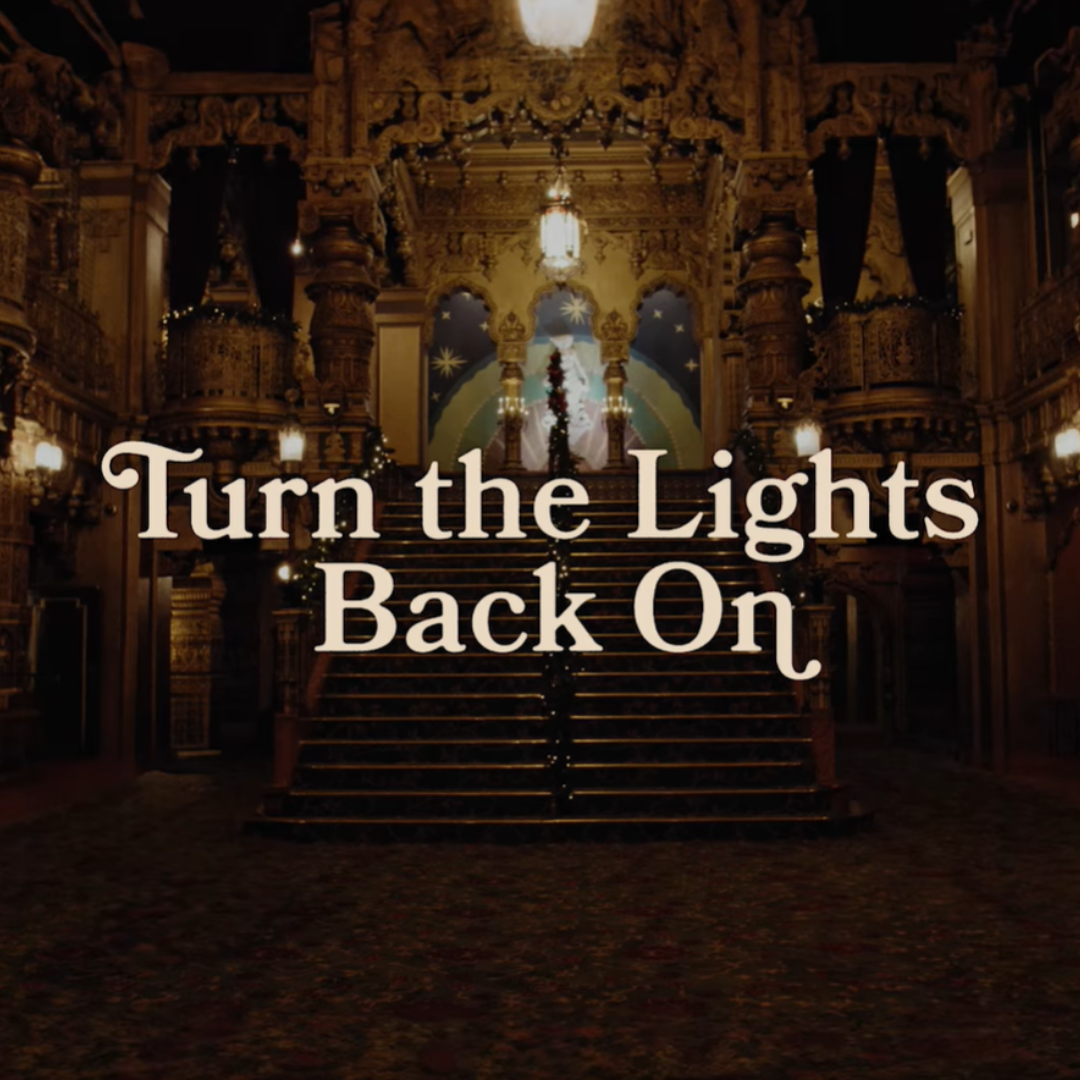Top Of Your To-Do List Today: Check Your Carbon Monoxide Alarms
Barrie dad calls 911 after returning from night-shift
If you get nothing else accomplished today, make sure your carbon monoxide alarms are not stale-dated and are in working order. We make this urgent plea after a Barrie man returned home this morning, after working the night shift, to find his wife and two young children suffering from carbon monoxide poisoning. A ten-month-old boy has died at hospital. Mom and a two-year-old girl have been transferred to hospitals in Toronto.
Many will have taken the advice of fire officials and checked their alarms when we moved the clocks ahead last weekend. Others put it off. Some have the ‘it won’t happen to me’ attitude.
A push of the button, a check of the date and perhaps a quick trip to the store for fresh batteries is all it takes…and could save your life.
The Facts
Carbon monoxide (CO) is a highly poisonous gas, often referred to as ‘the Silent Killer’ because you can’t see it, touch it or smell it. This odourless gas is produced as a by-product of combustion when common fuel-burning appliances and equipment that use natural gas, oil, wood, propane and kerosene, don’t get enough air to burn up completely. When this happens, carbon monoxide can build up, especially in a confined room or space – and this can lead to toxic effects on humans and pets.
Barrie Deputy Fire Chief Jeff Weber…
What You Need To Know
- No matter the age of your home, if you have oil, propane or gas burning appliances, furnace or water heater, a wood or gas fireplace, or an attached garage or carport, you must have at least one working carbon monoxide alarm installed.
- Homeowners who do not protect their homes with a CO alarm are at risk of being fined (similar to smoke alarm laws)
- It is critical to check your CO alarm(s) expiry date. Replace any alarms built before 2008. CO alarms need to be replaced every 7–10 years depending on the brand.
- Remember to annually replace batteries in your CO alarm, or opt for models with 10-year sealed lithium batteries that never need to be changed.
- Regular appliance inspections are critical. Have a licenced technician check your fuel-burning appliances (furnace, range, fireplace, water heater) annually to ensure they are in proper working order and vented correctly.
Symptoms of CO Poisoning
Exposure to CO can cause flu-like symptoms such as headaches, nausea, dizziness, burning eyes, confusion, drowsiness and even loss of consciousness. In very severe cases, CO poisoning can cause brain damage and death. The elderly, children, people with heart or respiratory conditions, and pets may be particularly sensitive to CO and may feel the effects sooner.
What to do if you suspect CO in your home
If you or anyone else in your home is experiencing the symptoms of CO poisoning or your CO alarm sounds, make sure that everyone leaves the home immediately and gets medical help. Call 911 or your local fire department.
Do not open windows…investigators will want to determine the source of the carbon monoxide.
One CO Alarm is all you need..in most cases
Unlike smoke alarms, only one CO alarm is required by law in every home and should be placed outside bedroom areas. That said, if you have bedrooms on more than one floor of your home, consider a CO alarm on each of those floors. Deputy Fire Chief Weber explains…









